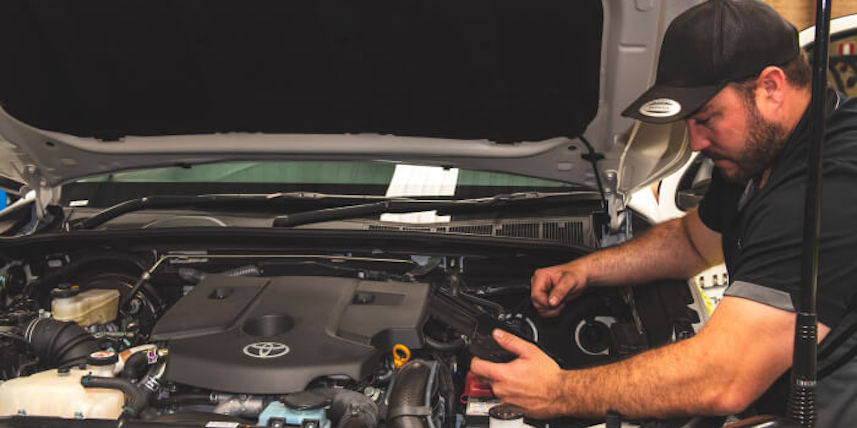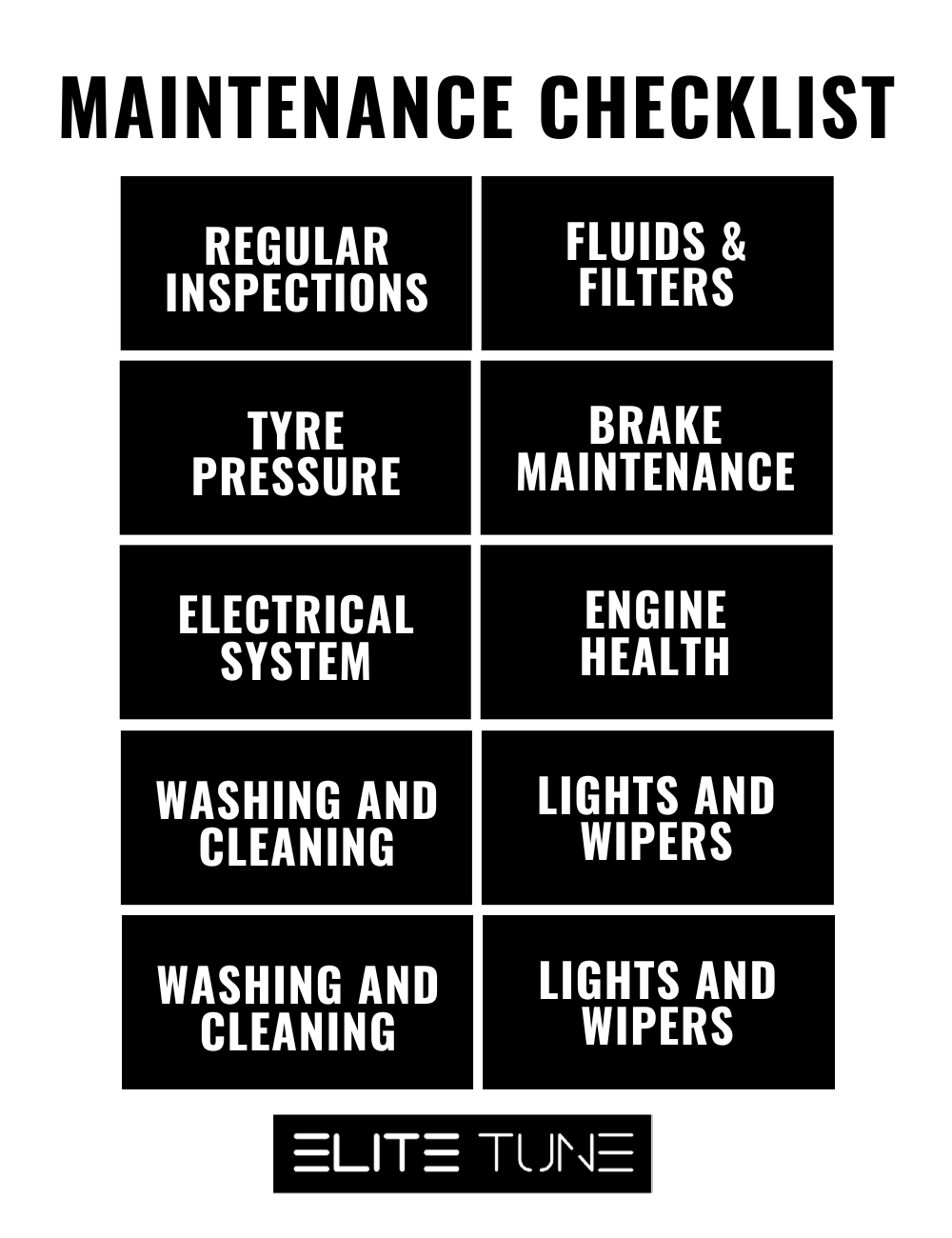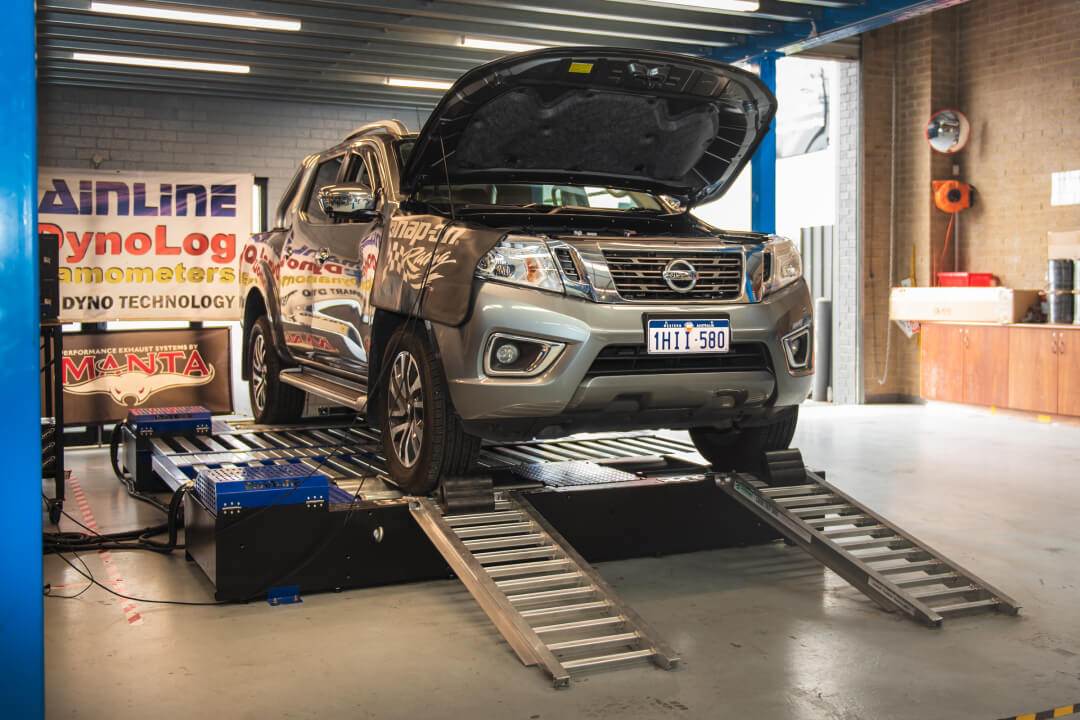As an enthusiast of 4WD adventures, I’ve learned that the joy of hitting the off-road trails is matched only by the importance of meticulous vehicle maintenance.
In this blog, I’ll share some expert maintenance tips that are crucial for ensuring that your 4WD remains reliable, safe, and ready for your next adventure.
Key Takeaways
- Inspect your 4WD regularly, especially before and after off-road trips.
- Check and maintain engine oil, coolant, and air filters.
- Regularly monitor and adjust tyre pressure; inspect for damages.
- Maintain brakes, listen for noises, and ensure cleanliness.
- Familiarise yourself with warning lights and maintain the electrical system.
- Monitor engine performance and use the recommended fuel type.
- Wash the vehicle thoroughly, including the underside.
- Check vehicle lights and windshield wipers for functionality.
- Use manufacturer-approved parts and seek professional maintenance services.
- Adhere to the vehicle’s service schedule and consult the manual for guidance.
The Ultimate 4WD Maintenance Checklist
1. Get Regular Inspections
Before and after every off-road excursion, it’s crucial to inspect your vehicle thoroughly. This involves checking for any signs of wear or damage to the suspension, drivetrain, and other vital components. Sand, dust, mud, and water, common elements in off-roading, can significantly stress these parts.
- Inspect vehicle before and after off-road trips.
- Check suspension, drivetrain, and other key components.
2. Check Fluids and Filters
A simple yet effective way to prolong your engine’s life is to regularly check and maintain its fluids and filters. This includes engine oil, coolant, and the air intake filter. Properly maintained fluids and clean filters are essential for your vehicle’s performance and longevity.
- Regularly check engine oil, coolant, and air intake filter.
3. Tyre Pressure
Regularly inspecting and maintaining the correct pressure in your tyres is non-negotiable. As discussed in our recent blog on the topic, adjusting your 4WD tyre pressure based on the road conditions is crucial. This not only affects handling and fuel consumption but also prevents hazardous situations like punctures or blowouts.
- Maintain correct tyre pressure.
- Inspect tyres for wear and damage.
4. Brake Maintenance
Brakes are vital for safety. Always listen for unusual noises and feel for changes in the brake pedal. Keeping them clean and free from dirt and oil is also important to ensure they function correctly.
- Listen for unusual noises.
- Keep brakes clean from dirt and oil.
5. Electrical System
Be familiar with your warning lights and what they signify. Issues with starting the vehicle can indicate problems with the battery or spark plugs. Regular checks and maintenance of the battery, including its terminals and fluid levels, are essential.
- Understand warning lights.
- Regularly check battery and spark plugs.
6. Engine Health
Monitoring the engine’s performance, including fuel economy, can give early warnings of potential issues. Also, using the right grade of fuel as recommended by the manufacturer is crucial for the engine’s well-being.
- Monitor fuel economy.
- Use manufacturer-recommended fuel grade.
7. Washing and Cleaning
Regular washing, especially under the vehicle, is vital, particularly for beach driving enthusiasts. Salt and mud build-up can lead to rust and other long-term damages. For tips on how to approach water crossings safely, check out my blog on the topic.
- Wash under the vehicle regularly, especially after beach driving.
8. Light and Wiper Maintenance
Ensuring all lights work correctly and maintaining effective windshield wipers are small but significant tasks. They contribute to safety, especially in adverse weather or dusty conditions.
- Ensure all lights function properly.
- Regularly check windshield wiper effectiveness.
9. Use Quality Parts and Professional Services
I definitely recommend using manufacturer-approved parts and seeking professional services for repairs or maintenance. DIY fixes might seem tempting, but they can lead to more serious issues if not done correctly.
- Use manufacturer-approved parts.
- Seek professional help for repairs.
10. Follow the Manufacturer’s Guidelines
Adhering to the vehicle’s log book service schedule and consulting the user manual for specific maintenance guidelines can prevent problems and ensure your vehicle’s warranty remains valid.
- Adhere to the vehicle’s service schedule.
- Consult the user manual for maintenance guidelines.
2WD vs 4WD Maintenance
In my experience, 4WD maintenance is a bit more involved than 2WD maintenance but it’s absolutely worth the extra effort. Here’s how I approach it:
4WD Maintenance:
- Drivetrain Care: 4WD vehicles have additional drivetrain components like transfer cases and additional differentials which need regular inspection and maintenance.
- Undercarriage Cleaning: Essential after off-roading trips as it prevents rust and damage from harsh elements.
- Suspension Checks: Off-road use puts extra strain on 4WD suspension systems, necessitating frequent checks for wear or damage.
2WD Maintenance:
- Simpler Drivetrain: Fewer components means less complexity.
- Less Frequent Undercarriage Issues: Less exposure to rough conditions leads to fewer undercarriage problems.
- Standard Suspension Care: Regular checks are needed but typically the wear is less severe.
Essentially, owning a 4WD means more focus on specific areas like drivetrain, undercarriage, and suspension due to its design for challenging terrains, whereas 2WD vehicles are generally more straightforward.
Conclusion
Regular maintenance of your 4WD isn’t just about keeping it in good shape; it’s about ensuring your safety and the vehicle’s reliability for every adventure. As I always remind myself, prevention is better than cure.
If you’re looking for someone you can trust to check for the right things at the right time to keep your vehicle in top shape, get in touch with me and my team of specialist 4WD mechanics and we’ll be happy to help.
With these tips, you’re more than ready to tackle your next off-road journey (I highly recommend checking out the best 4wd tracks Perth has to offer) with confidence and safety. Best of luck, and remember to stay safe out there!


